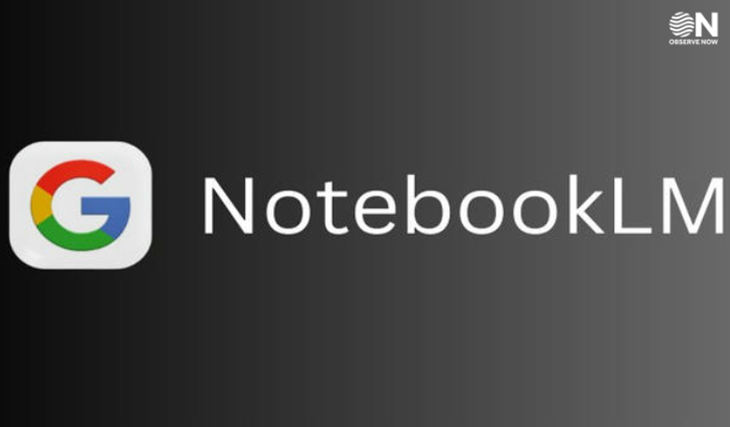Google Broadens NotebookLM’s AI Podcast Feature to 76 Additional Languages
Google has recently announced a prominent expansion of its AI-powered note-taking and research assistant, NotebookLM, enhancing its Audio Overviews feature to support 76 new languages. This development aims to make AI-generated podcast summaries more accessible to a diverse global user base. Audio Overviews, introduced last year, allow users to generate podcast-style summaries of their documents using AI virtual hosts. This feature is designed to help users digest and comprehend information from various sources, such as course readings or legal briefs, in an auditory format.
Previously, Audio Overviews were generated in the user’s account’s preferred language. With the latest update, Google has introduced an “Output Language” option, enabling users to choose the language in which their Audio Overviews are produced. This flexibility facilitates the creation of multilingual content, and its adaptability makes it easier to create study materials and information in multiple languages.
The newly supported languages encompass a wide range, including Afrikaans, Arabic, Bengali, Catalan, Czech, Danish, German, Greek, Spanish (European, Latin American, Mexico), Estonian, Finnish, French (European, Canadian), Gujarati, Hindi, Hungarian, Indonesian, Italian, Japanese, Kannada, Korean, Lithuanian, Malayalam, Marathi, Nepali, Dutch, Norwegian, Polish, Portuguese (Brazil, Portugal), Punjabi, Romanian, Russian, Sindhi, Sinhala, Slovak, Slovenian, Swahili, Tamil, Telugu, Thai, Turkish, Ukrainian, Urdu, Vietnamese, and both Simplified and Traditional Chinese.
This expansion is part of Google’s broader initiative to enhance NotebookLM’s capabilities. The platform, powered by Google’s Gemini 1.5 Pro language model, has been rolled out to over 200 countries and territories, including India, the UK, Australia, and Brazil. NotebookLM supports interface languages across 108 dialects and facilitates sourcing and chatting in 38 languages, catering to a diverse global audience.
After being first unveiled as “Project Tailwind” at Google I/O 2023, NotebookLM has developed into a full-featured AI assistant that assists users with creating summaries and providing answers to queries based on their documents. The platform now supports Google Slides and web URLs in addition to several other file kinds, such as Google Docs, PDFs, and text files.
With the enhanced Audio Overviews feature, Google continues to advance its mission of making information universally accessible and useful, leveraging AI to bridge language barriers and facilitate learning across the globe.









